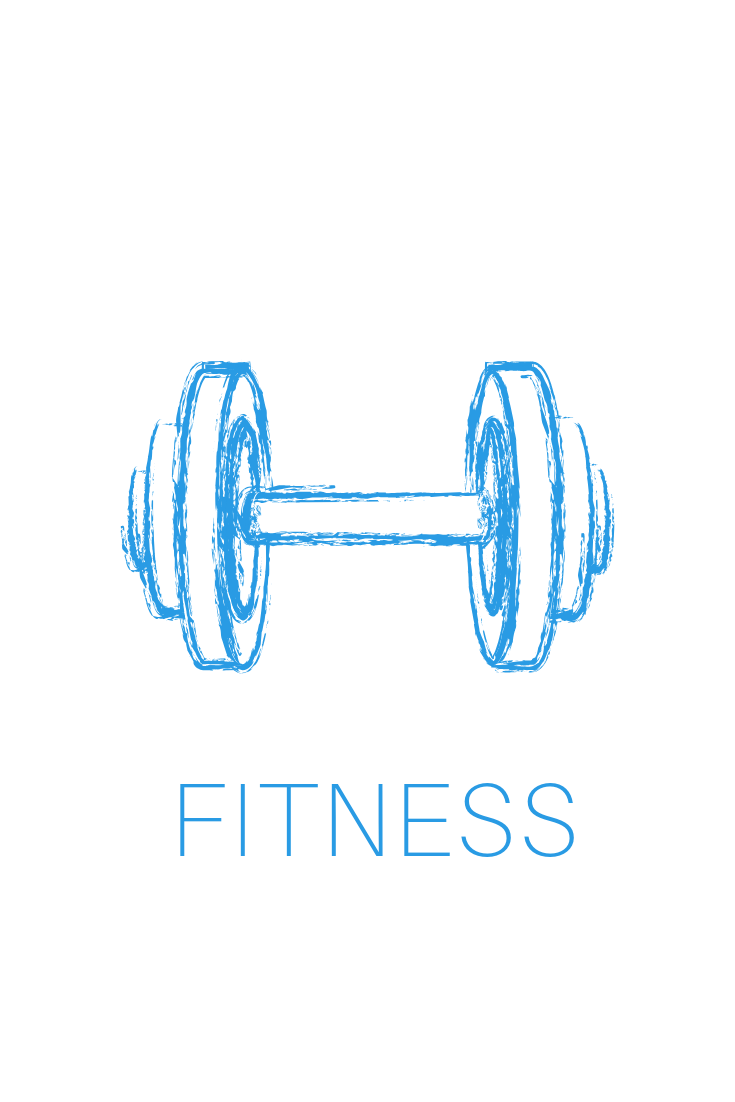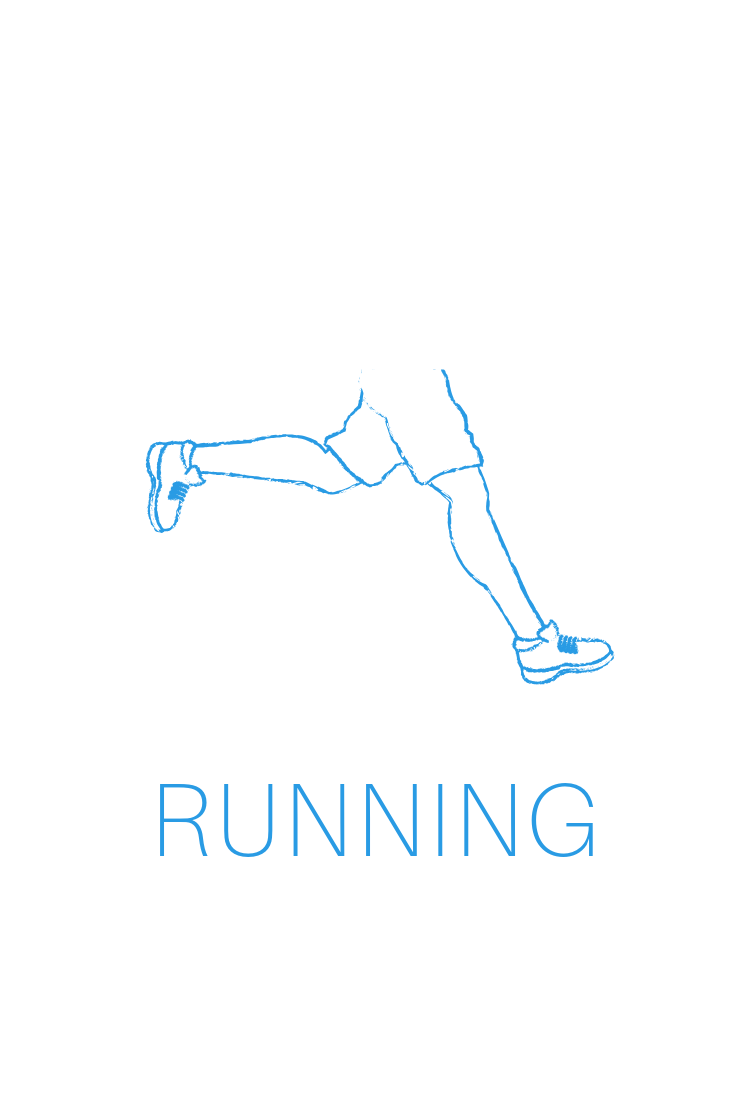Emotions Create Habits
A high five between a coach and athlete is an incredibly effective habit formation tool that we can use in our own lives to create long lasting change.
In this final week of our habit change series, we look at what is one of the most simple yet effective ways to create habit change, and that’s the use of rewards. In his book Tiny Habits, Behavioural Scientist BJ Fogg dismisses the old adage that it takes 28 days to form a habit, and believes instead that it’s as simple as tapping into good feelings in order to create positive emotions. Fogg suggests that there is a direct connection between what you feel when you perform a behaviour and the likelihood of repeating that behaviour in the future.
When a child is learning to walk, we clap and cheer them every step of the way. With the help of this positive reinforcement, even when the child falls, they will get up and try again until, eventually, walking becomes second nature. We can apply this model of using positive reinforcement in our own lives in order to create long lasting habit change.
Unfortunately we can’t rely on having our family on hand to clap and cheer every time we leave the house for a run, or resist the glass of wine (although if they are happy to clap, it can help!). Therefore it’s usually up to us to supply the emotional reinforcement.
Let’s take a moment to differentiate between a reward and an incentive. An incentive is something that will happen in the future if you continue your behaviour e.g. a monthly sales bonus if you continue to work hard, a massage after you complete a marathon or buying a new outfit when you reach your weight goal. Although incentives can help motivate you, they don’t rewire the brain. A reward is something that must happen during or straight after the habit occurs. It needs to be immediate in order to create an emotional connection with that behaviour.
Let’s look at a habit which many of us can relate to - succumbing to the afternoon munchies with biscuits or other unhealthy food. You decide you want to change this habit by going for a walk around the block rather than reaching for the biscuits. 4pm arrives and you automatically head to the kitchen and reach for the biscuit tin then, at the last minute, you make a great decision to resist the biscuits and go for the walk instead. Unfortunately, you won’t get the satisfaction of feeling your pants immediately loosen as you push the biscuits away (although wouldn’t that be awesome?). Therefore, we need to offer ourselves our own little moment of celebration in order to reinforce the positive behaviour - as you walk out of the kitchen biscuit free, enjoy a little fist pump, a clap or even mutter “good job” to yourself - reinforce your own behaviour just as you would to a baby learning to walk.
Celebrations are personal - as soon as you complete a task or a new habit, do something that makes you feel good. Last week I was running a particularly tough online fitness session with my son (it included 120 burpees - sorry about that team!) and after we completed each round we would give each other a high five, our tiny reward for a job well done.
Other simple rewards to reinforce positive behaviour:
Keep a record - I pin my training program up in my office and every time I come back from a run I cross off the session. Seeing the training runs being systematically crossed off is satisfying for my personality type. There are many apps out there that allow you to keep track of successful habits. The emotion is created when you receive the notification that the habit is complete.
Cross it off - I have a friend who writes her to-do tasks on post it notes each morning and, once completed, she loves ripping the post it note off her computer, balling it up and (usually unsuccessfully) tossing it across the room into her bin. This is very satisfying as you complete a task and have a physical response to a completed task.
Celebrate with song - have a favourite song that you play every time you complete a new habit, maybe you put it on in the car when you have finished at the gym, or play it while you are cleaning your room.
Find your little celebration that will create the emotion to encourage lifelong healthy habits.
Habits:
Find your focus
Make it tiny
Do it daily
Find the right balance between your level of motivation and ability (how hard the new behaviour is)
Create a prompt: after I …….(e.g. brush my teeth) I will …….(e.g. do 2 push ups)
Celebrate!
by Angie Black
Hey! I’m Angie. I’m passionate about fitting exercise into your life, for the rest of your life.
BLOG CATERGORIES:







